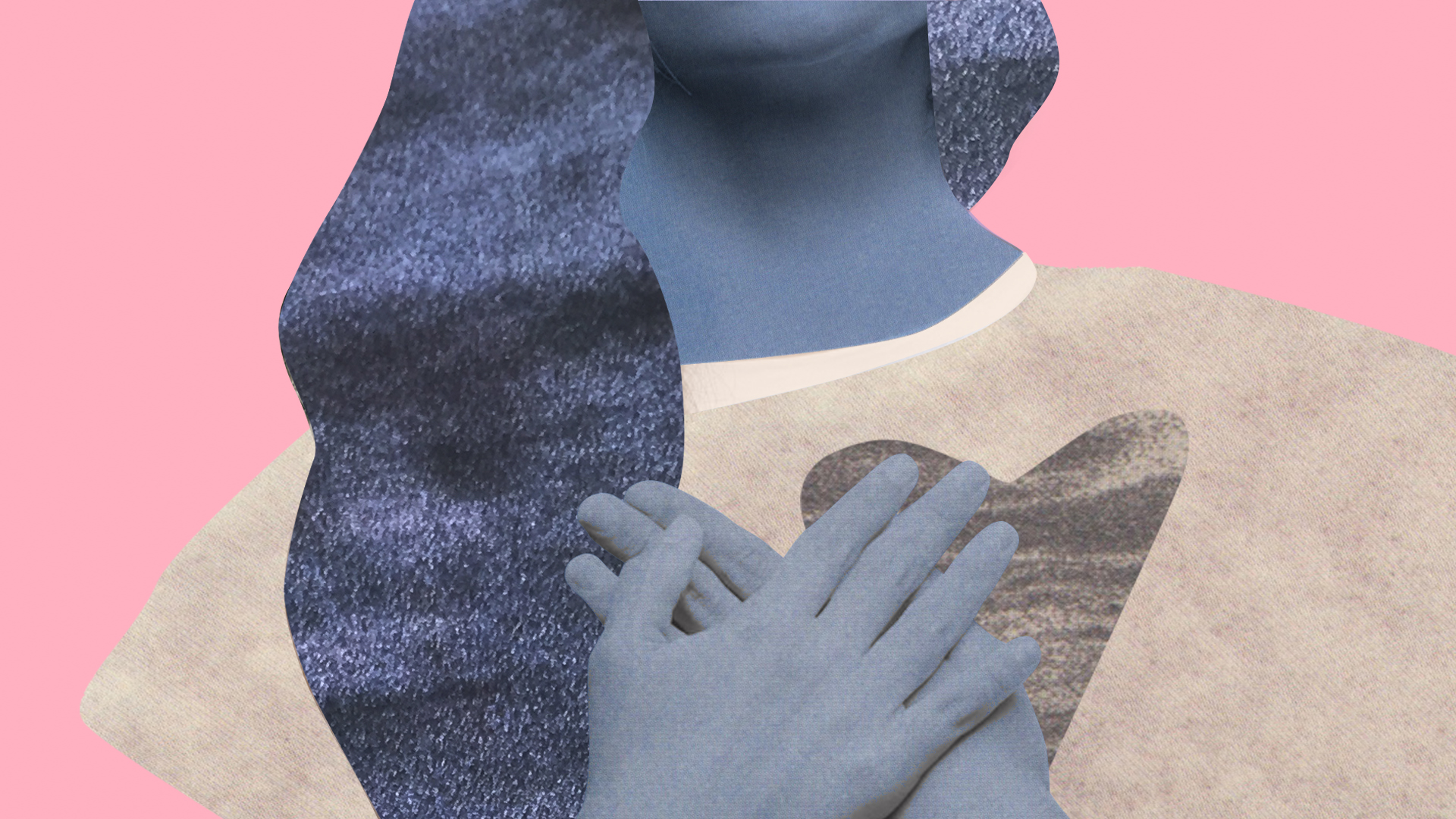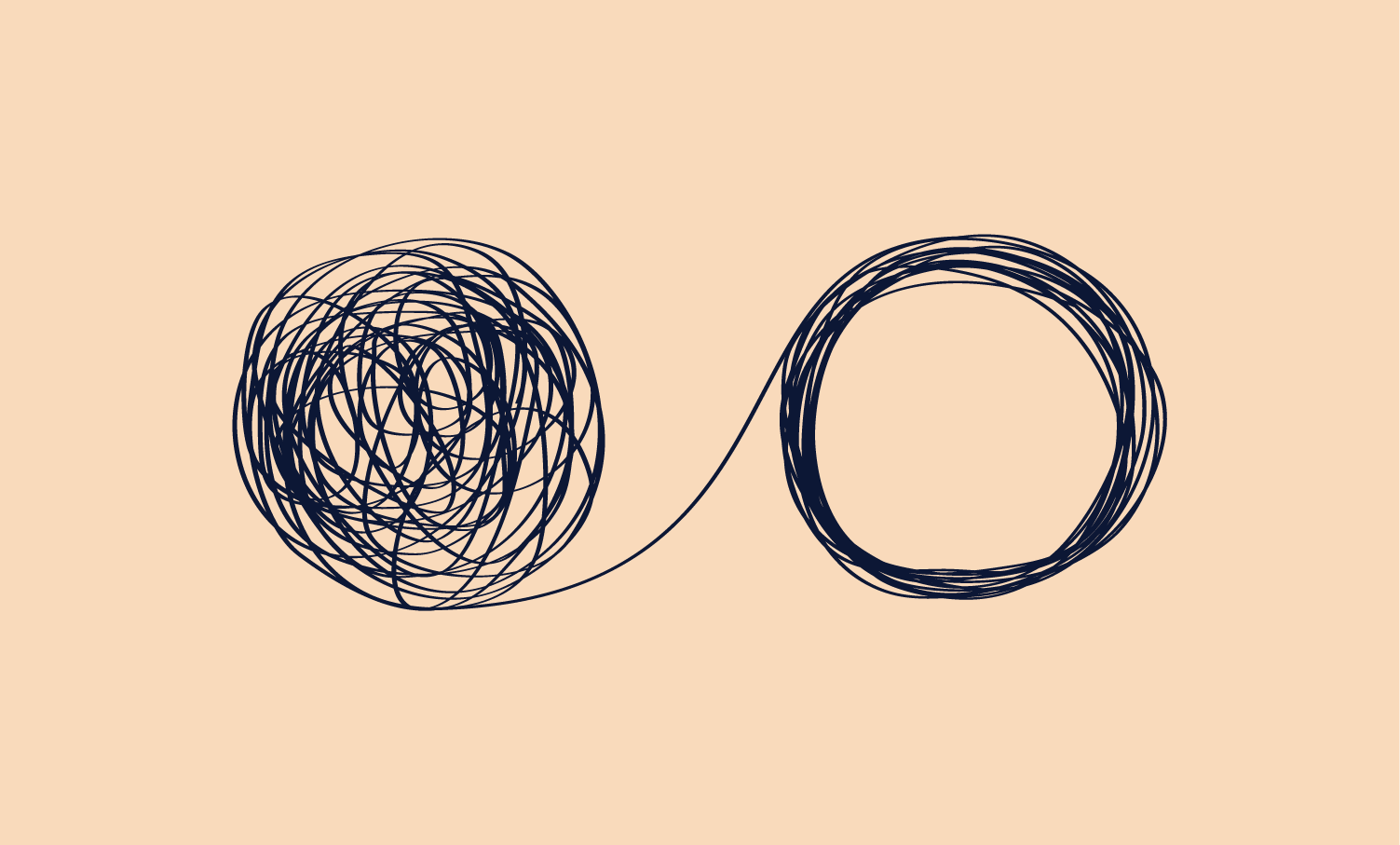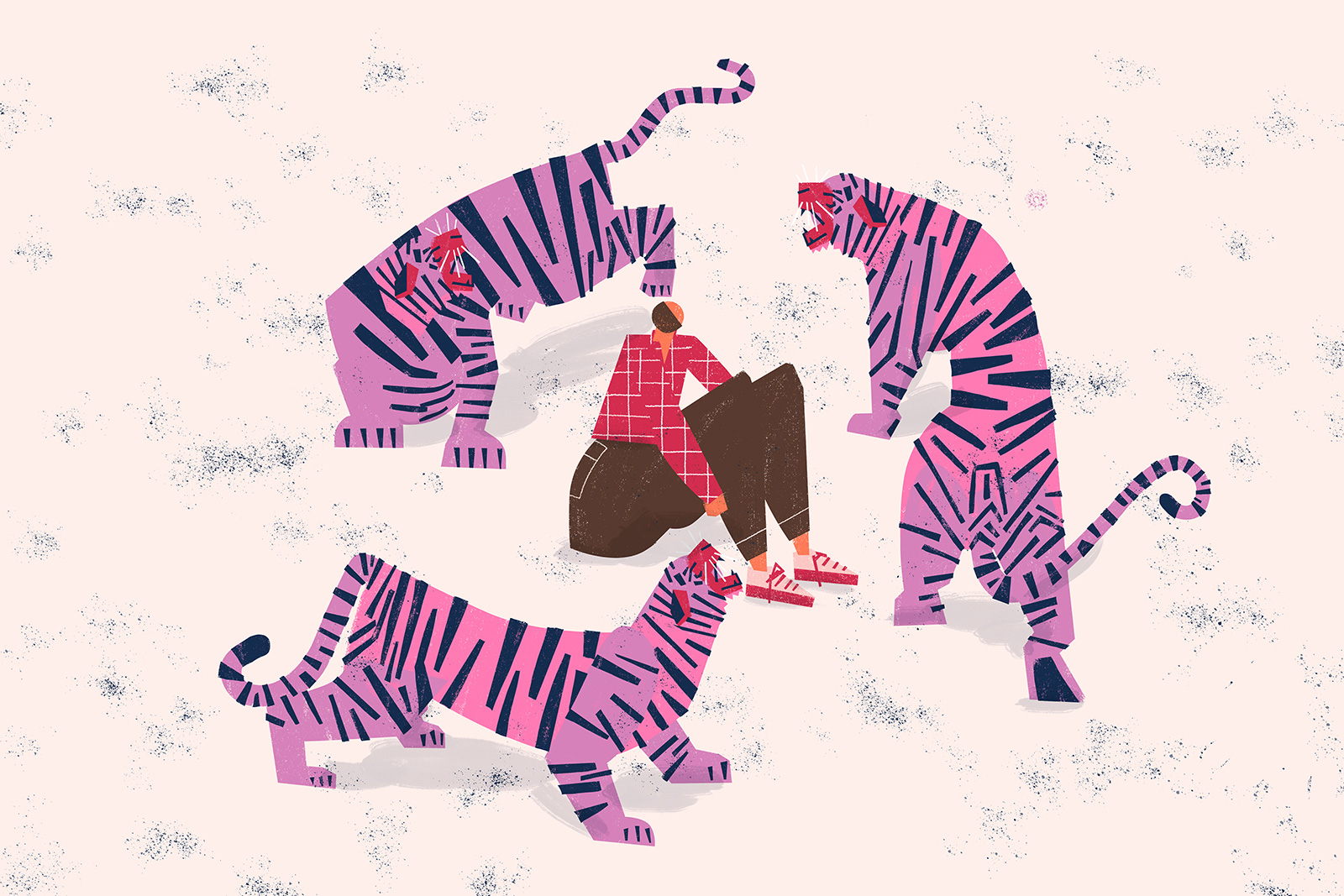
We’re All About The Process
While a Gestalt therapist will be interested in ‘what’ you’re saying, they may be more curious about ‘how’ you say it. Gestalt Therapy is concerned with observing voice tone, speed, energy, body posture and movement, we’re looking for the obvious, that often feels so habitual it gets missed. Raising awareness (sensitively) of how you communicate, can bring you closer to your true experience. Words aren’t always to be trusted!
‘How’ we meet the world is often built in a myriad of unconscious beliefs about ourselves and others, that may be helpful or (often) unhelpful and outdated. We may help you explore the origins of beliefs, how they helped you at some point and how you might develop compassionate adaptations to support the person you are NOW.
Let’s Get Physical
Gestalt therapy is holistic, which means that you might be asked to notice what happens in your body as you talk about a certain subject. Disclaimer: This can feel alien to many people and our bodies are much slower to process than our thoughts. Much slower. As an entry point, your therapist may enquire into the quality of your breathing, what sensations (or lack of) you can feel in your body, encouraging you to feel and notice what emerges with curiosity, staying with, without forcing anything.
It’s my experience that my body is much wiser than my mind, but also much quieter. Our bodies need to feel safe enough to speak to us. In developing greater understanding of our bodies, we are better equipped and supported to deal with inevitable curve balls that life throws our way.
Creativity and Experimentation
We can often become stuck in habitual ways of being. How do you get in your own way or limit your experience? Or moderate your contact in different environments? Being a middle child for example, I can often lose my voice in larger groups and have struggled to take space.
Gestalt therapy celebrates creativity and we may intuitively suggest an experiment in the room with you, to help you see, feel or experience something more clearly. The goal of experimentation is to help raise awareness of an issue, pattern, or address unfinished business. Often bringing the work in to an experiential realm i.e. doing, rather than simply talking about, can bring the work to life more fully. This also integrates the work holistically, meaning your body and mind are more likely to remember.
Interconnectedness
We shine light on the interconnectedness of current and historic conditions which impact you. Think of yourself as a plant in soil. Is your soil hard, brittle and dry or does your soil have nutrients, sunlight, water? All of these factors impact your current functioning and experience in the world. We help look for what can be improved to help you stand a better chance of flourishing.
Integration
We all have parts of ourselves that feel uncomfortable, which we would rather disown. Gestalt therapy seeks to integrate all of your parts in order to reach your full potential. For example, I experience myself as a ‘warm’ person, though experimenting with being ‘cool and uninterested’ feels totally liberating! By ‘trying on’ these parts of ourselves we have a fuller range. Think of using only one octave on a piano, when there is capacity for all keys to be used.
Relationship
The Gestalt therapist brings themselves to the meeting and often works collaboratively to help you understand yourself more fully. As sessions unfold, they may share in the moment how you impact them and check out how you are in the relationship, to bring the work into the room. This present focus can create aliveness and the possibility for something unknown and transformative. The therapeutic relationship offers a safe, non-judgmental and confidential space where your true self can feel met and confirmed for the person you are and the person you are capable of becoming.
*Illustration by Gemma Latimer



